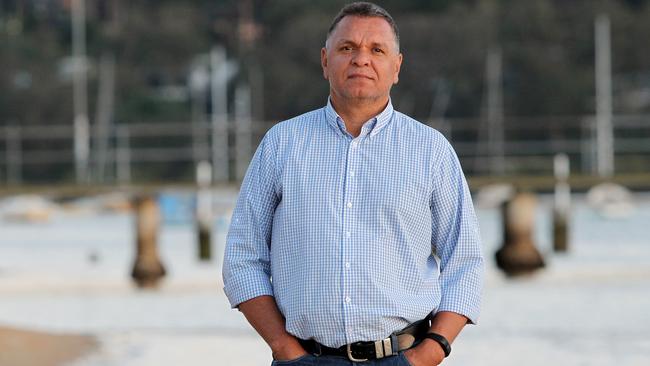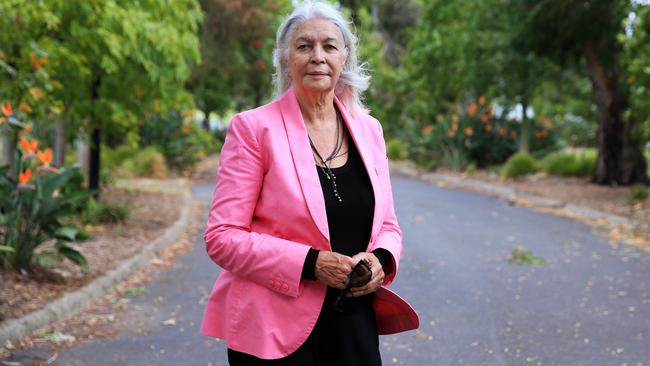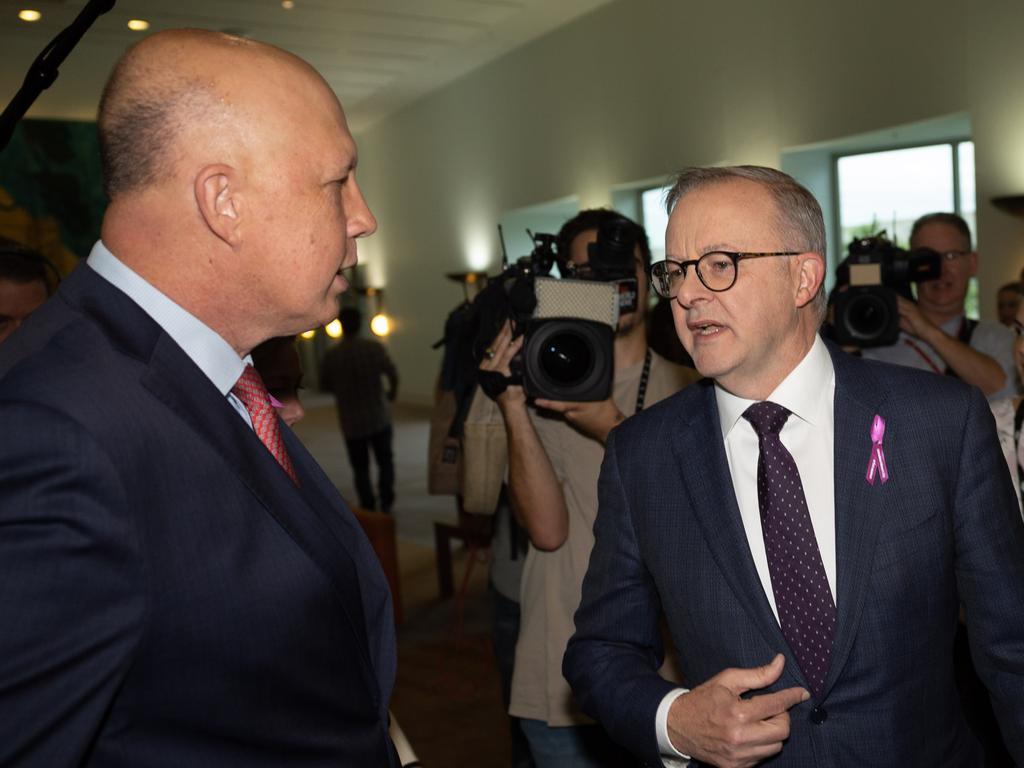Consensus outweighs ‘confusion’ concerns in voice proposal
Sean Gordon, a key member of the voice referendum working group, has raised concerns the ‘executive government’ reference in the proposed constitutional amendment could ‘add confusion’.

A key member of the working group advising the government on the voice referendum, Sean Gordon, says he raised concerns about the “executive government” reference being included in the proposed constitutional amendment because it could “add confusion” to the referendum question.
Mr Gordon said while there were “challenges” to executive government being captured in the amendment, he would ultimately accept its inclusion because of the overwhelming support for it among other members of the referendum working group.
Mr Gordon, chair of right-leaning think tank Uphold and Recognise, confirmed he had raised the topic of the executive government in a meeting of the working group on Thursday. He said while challenges such as “adding confusion” to the amendment had been identified, the “broad consensus” was for the wording to remain.
“It’s about working out do we capture advising the executive in the question or can that be in legislation?” he told The Weekend Australian.
“I would say that everyone in the room was supportive of trying to capture the role of executive government in the wording.”
Mr Gordon had discussed the idea of removing the reference to “executive government” from the constitutional amendment so it could be worked out later via legislation. However, following further discussions with the group on maintaining a unified position, he said it was clear the working group had decided to keep the reference to executive government and he would accept this outcome.
While there is no reference to “executive government” in the Uluru Statement from the Heart, Mr Gordon said he respected the will of the working group.
Moderate Liberal senator Andrew Bragg said giving the voice the power to make representations to the executive would open up the possibility of legal challenges. While urging his Liberal colleagues to support the voice in a pamphlet distributed this week, he said the draft wording of the constitutional amendment was one of his key sticking points. “I’ve always favoured the words that do the job and don’t create any undue risk,” he told The Weekend Australian.
“Any additional risk will make it harder for this to pass the referendum. The main issue is whether executive decisions will be struck down by the High Court.”
Senator Bragg said while he was not prepared to enter a scare campaign about the matter, he was also not prepared to dismiss it.
Marcia Langton, a senior member of the 21-member group of Indigenous leaders, told The Weekend Australian earlier on Friday the group had unanimously endorsed the advice of constitutional experts that the advisory body must be able to make representations to the executive government, not just parliament.

“The constitutional working group members debated the question of ‘executive government’ after questions from non-lawyers were put to them,” Professor Langton said. “The constitutional working group advises us. In any case the matter goes to cabinet. We were unanimous.”
Indigenous Australians Minister Linda Burney said she would “be taking my direction from the working group” on the inclusion of executive government in the amendment. “The working group will come to its final position around these issues at our next meeting,” she said on Friday.
Ms Burney met with the first indigenous US Secretary of the Interior, Deb Haaland, in Canberra on Friday to discuss the two countries’ respective progress on reconciliation with their First Peoples.
Ms Haaland said the West had entered “an era” of recognising the value of indigenous voices.
“Indigenous people have been have been speaking for a long time. Some people haven‘t stopped to listen to them,” she said.
“I don‘t think the Indigenous people have changed, they are still speaking out, it’s the people who were in leadership positions that are finally opening their ears to hear what they have to say.”
Ms Burney reiterated comments from Anthony Albanese that a failure to pass the voice would result in significant reputational damage for Australia, including an impact to its “economic partnerships”. She urged Opposition Leader Peter Dutton to “stay engaged” with the working group and to “grasp the importance” of the voice. It followed opposition legal affairs spokesman Julian Leeser declaring he and Mr Dutton had told the group the referendum was “on track to fail” following their meeting on Thursday.
Working group member Thomas Mayo said Mr Dutton told the meeting the voice was a “good idea”.







To join the conversation, please log in. Don't have an account? Register
Join the conversation, you are commenting as Logout